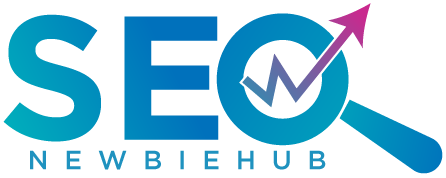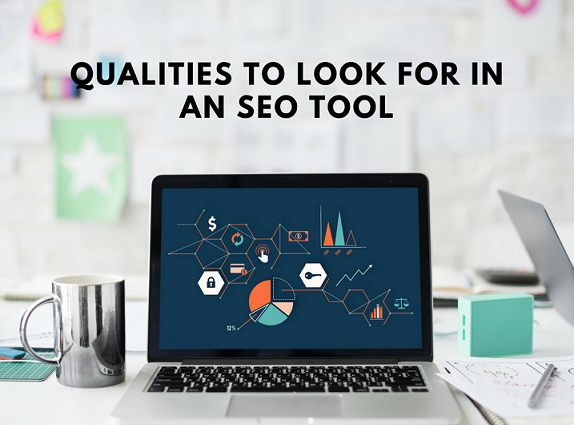The SEO services industry is full of tracking, auditing, and reporting tools. It might be overwhelming for a beginner in SEO to choose the right tools. It is always worthwhile to list down and map out what you need and what you expect from your SEO tool.
The most important distinction you have you make when it comes to finally choosing the SEO tools that suit the needs of your organization is the concept of gaining tangible ground. It is about knowing which tools can give you the most effective combination of keyword-driven SEO investigation capabilities, keyword analysis, organization, and recommendations, and other useful functionalities to make use of the SEO insights you discover.
Choosing the right tool for the job is going to make your work much easier, so here some of the qualities to look for in an SEO tool.
SEO Grade:
If you are new to the SEO game, you should probably look for an SEO tool that will give you an idea of where your product or website is standing right now which is why an overall SEO grade is an absolute must-have for any SEO tool.
Even though you might have a website that is already well optimized, both content-wise and technically, you can still run into some problems with links that you have no idea about.
Picking an SEO tool that gives you an overall score in a way that is easily digestible and quick can tell you if you have a problem that should be investigated, something has gone terribly wrong, or if your SEO is good enough for now.
Technical SEO crawler:
Technical SEO is important for the success of your site because it is what allows Google to find, crawl, and index everything that is on your website. A good SEO tool will crawl your website the same way Google does and ideally, it should find issues that Google looks for when it crawls your site such as:
1. Duplicate content:
Duplicate content often happens by accident. A good SEO tool will find technical issues that might have caused any duplicate content that you might not have known about.
2. Broken links and pages:
Crawlers, like Google, access pages by following links so they can’t index the content of your pages are not accessible or your links do not work. A good SEO tool should find links that lead to pages that return error codes.
3. HTTP and HTTPS conflicts:
Insecure sites are bad, but secure pages with insecure assets that return big, scary warnings is almost as scary. Your SEO tool should find these instances of CSS, videos, and images that might be hosted on insecure URLs.
Mobile optimization:
Mobile traffic is making up more and more of all website visitors. This is happening to an extent that Google has started indexing mobile pages first.
Therefore, a good SEO tool should be able to know how mobile friendly your website is and what you need to change to improve it.
Key Takeaway:
Your SEO tool should ideally be there to get your feet under you, help you learn the ropes, and grow with your knowledge, especially if you are new to SEO in the Philippines.
Take the time to try out all the features of your SEO tool before committing to it. Make sure that your first SEO tool will make your marketing more effective and easier without making your head spin.
Read More:
- Top 10 SEO Tools that Newcomers Should Use
- How to Boost E-commerce Business with Easy SEO Tricks
- Top 10 SEO Interview Questions and Answers for beginners
Manoar Molla is pro blogger who is passionate to write anything that is related to SEO, business and marketing. He has written and published many articles on different blog

